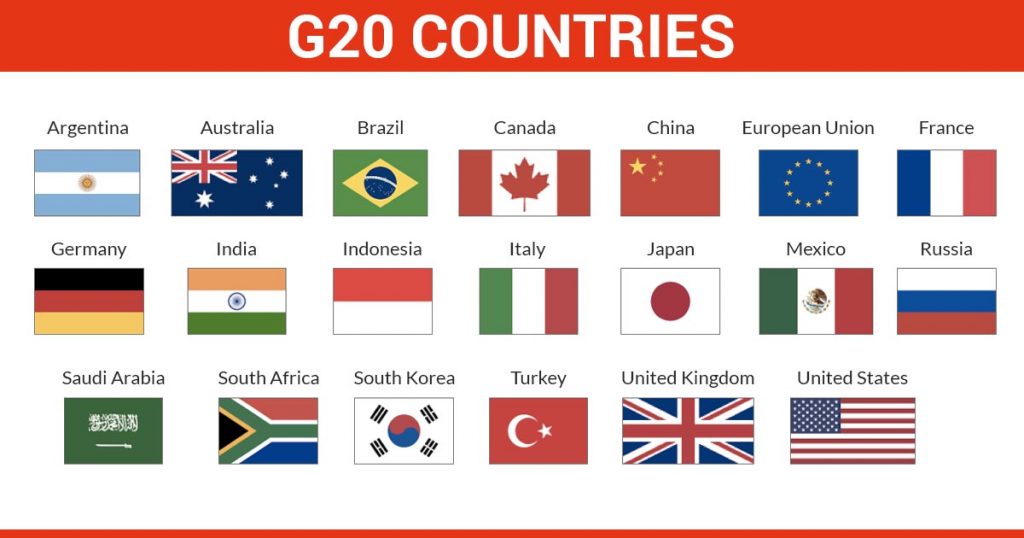
New tax policies are going to be formulated soon for internet titans like Google and Facebook. The new approach would allow revenue based on the purview of a company’s business in a specific market, irrespective of the location of the corporate headquarters.
The finance ministers from G-20 countries along with central bank governors are likely to sign the basic policy in the next meeting which is going to held on June 8-9 in Fukuoka, Japan but they will pursue to reach a final decision in 2020. This basic corporate tax policy would allocate revenue to countries that cater to a large number of users for the International digital corporate giants like Google, Apple, Amazon and Facebook.
Recommended: GST TCS Act Brings Trouble For Apple, Amazon, Google and Other E-commerce Giants
Increment in the data economy has led to fuss, as companies who are physically not present but have millions of users tend and able to shun tax liabilities in markets. The G-20, which gathers together the European countries, U.S., Japan and China along with other emerging nations, is reassessing the international tax rules, formulated century ago, with the aim to revamp them according to today’s digital era. The new policies will allocate revenues to the government and will be framed on the basis of the scope of business a company is carrying out in a country and it has nothing to do with where it is headquartered.
The provision that collected tax revenues would be distributed to countries based on the number of users the company has in that country, interprets that Facebook, which boasts more than 1.4 billion users throughout the world but has centralised its income and tax liabilities in Ireland to enjoy benefits of low rates, would witness its tax payments reallocated to locations where more of its users reside.
However the details, about how the tax will be collected and allocated and which companies will be taken into consideration, are yet left to be finalised, the Organisation for Economic Cooperation and Development (OECD) is proposed to reconcile the situation and tax norms.
India is Under Big Advantage
Countries like India are under bigger advantage arising out of the new tax policy. According to the new policy, no international company will calculate and pay its taxes as per the rates prevailing in the country where it is headquartered.
Read Also: Five Needful GST Changes That Should Be Done By New Govt
Now companies will have to pay taxes according to the tax norms of the countries in which the business is located. It will be computed on the basis of the number of consumers in that specific country. In such a manner, India can open up avenues for billions of taxable income from multinational companies.
The Companies that would be Highly Affected
The huge impact of the new tax policy will be on companies like Google, Apple, Facebook and Amazon. Apart from this, multinational online companies like Microsoft, Flipkart, Snap, Alibaba, eBay, Booking, Uber, TripAdvisor, Twitter, etc. will also get affected by the new law.